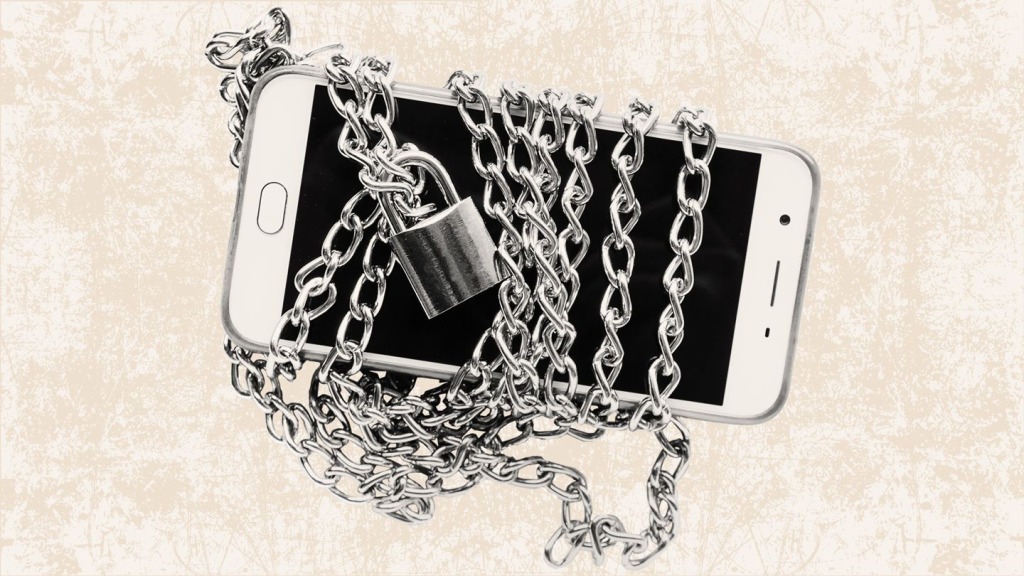
In the fast-paced digital age, technology has become an integral part of our daily lives, transforming the way we communicate, work, and entertain ourselves. However, with the rise of smartphones, social media, and online gaming, a new concern has emerged: behavioral addiction. This phenomenon, characterized by excessive and compulsive engagement with digital technologies, is particularly prevalent among young adults, posing serious implications for their mental health and overall well-being.
The addictive nature of technology stems from its ability to provide instant gratification and constant stimulation. Social media platforms, for example, are designed to keep users engaged through notifications, likes, and commentmes, creating a dopamine loop that reinforces the desire for more interaction. Similarly, online gaming offers immersive experiences that can lead to extended periods of screen time, further contributing to behavioral addiction.
Young adults, with their formative years shaped by the ubiquity of technology, are particularly vulnerable. The need for social validation, peer acceptance, and the fear of missing out (FOMO) drive them to constantly check their smartphones and engage in online activities (source). This constant connectivity can result in sleep disturbances, anxiety, and depression, affecting both academic and professional performance, according to this study.
To address the growing problem of behavioral addiction among young adults, it is crucial to understand its root causes. A combination of societal pressures, the allure of virtual escapism, and the addictive design of digital platforms contributes to this alarming trend. Recognizing the signs of behavioral addiction early on is essential for effective intervention.
Educational initiatives play a pivotal role in creating awareness about the potential dangers of excessive technology use. Schools, parents, and mental health professionals need to collaborate to teach young adults healthy digital habits and the importance of balance. Open conversations about the impact of technology on mental health can help reduce the stigma associated with seeking help for behavioral addiction.
Additionally, implementing practical measures to limit screen time is vital. Parents can set clear boundaries for device usage, encourage outdoor activities, and promote face-to-face interactions. Tech companies also bear a responsibility to design products with user well-being in mind, incorporating features that encourage mindful consumption and limit addictive elements.
For those already struggling with behavioral addiction, seeking professional help is paramount. InnerLife Recovery, an esteemed treatment option, specializes in addressing behavioral addictions, including those related to technology. Their holistic approach combines evidence-based therapies, counseling, and support groups to help individuals regain control of their lives.
InnerLife Recovery’s treatment programs are tailored to meet the unique needs of each individual, recognizing that behavioral addiction is a complex issue with underlying psychological factors. The experienced team at InnerLife Recovery is dedicated to guiding young adults towards a healthier relationship with technology, providing the tools and coping strategies necessary for sustainable recovery.
In conclusion, the rise of behavioral addiction and technology among young adults is a pressing concern that demands attention and proactive measures. By fostering awareness, promoting healthy digital habits, and seeking professional help when needed, we can empower young adults to break free from the chains of behavioral addiction and regain control over their lives. InnerLife Recovery stands as a beacon of hope, offering specialized support for those on the journey to recovery from technology-related behavioral addictions.
Last Updated: November 28, 2023




















